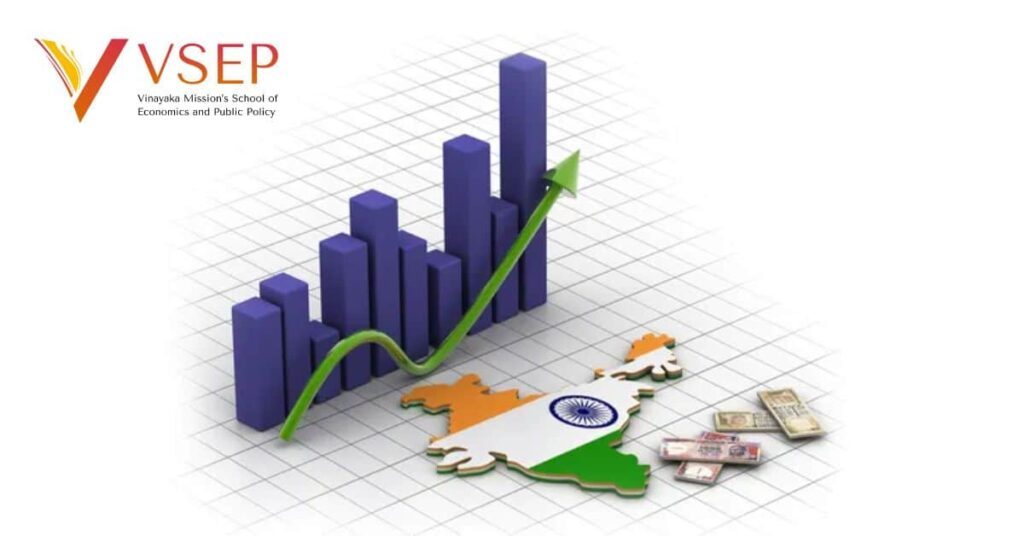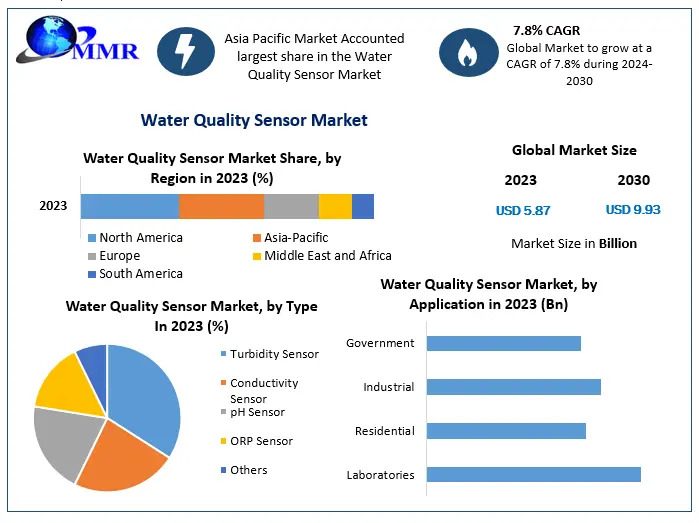Understanding the structure of a BSc economics syllabus is essential for any student considering this impactful field of study. Economics, as a discipline, plays a vital role in shaping the way individuals, businesses, and governments make decisions. A strong undergraduate foundation begins with a well-designed curriculum, and the BSc economics syllabus provides the roadmap for that journey.
Institutions like Vinayaka Mission’s School of Economics and Public Policy (VSEP) have revolutionized how the subject is taught by creating a multidisciplinary and research-focused BSc economics syllabus. It equips students with a deep understanding of economic theory while also emphasizing real-world applications, data-driven analysis, and policy implications.
Core Components of the BSc Economics Syllabus
The BSc economics syllabus typically spans three years and is divided into six semesters. Each semester builds on the knowledge of the previous one, combining fundamental theories with emerging trends in economics and related fields. The syllabus is divided into core subjects, electives, quantitative methods, and practical applications.
Semester-Wise Breakdown of Key Subjects
In the first year, students are introduced to foundational concepts in:
-
Microeconomics: Analyzing individual decision-making, consumer behavior, and market structures.
-
Macroeconomics: Understanding national income, aggregate demand and supply, and macroeconomic policies.
-
Mathematics for Economists: Learning algebra, calculus, and optimization techniques for economic modeling.
-
Statistical Methods: Exploring descriptive and inferential statistics for economic data interpretation.
In the second year, students delve deeper into applied areas such as:
-
Econometrics: Combining economic theory with statistical methods to test hypotheses and make predictions.
-
Development Economics: Studying growth patterns, poverty, inequality, and global development strategies.
-
Indian Economy: Evaluating the structure and policies of India’s economy, including agricultural and industrial reforms.
By the third year, the BSc economics syllabus incorporates:
-
International Economics: Learning about trade theories, balance of payments, and global financial systems.
-
Public Economics: Understanding government expenditure, taxation, and fiscal policy.
-
Research Methods: Building skills for independent research through literature review, data collection, and analysis.
-
Project Work: Applying classroom knowledge to real-world problems through case studies and research projects.
Why Practical Learning Matters
Modern economics is no longer confined to theory. Institutions like VSEP emphasize skill-based learning in their BSc economics syllabus. Students are introduced to tools such as Excel, R, STATA, and Python, giving them the ability to analyze datasets and produce evidence-based economic insights. Workshops, field visits, and internships are integrated into the curriculum to bridge the gap between academics and industry.
This practical approach makes students job-ready and prepares them for competitive exams and postgraduate studies in India and abroad.
Flexibility with Elective Subjects
Another important feature of a good BSc economics syllabus is the inclusion of electives. These allow students to explore specific interests and diversify their academic experience. Some popular elective options include:
-
Financial Economics
-
Health Economics
-
Behavioral Economics
-
Urban Economics
-
Agricultural Economics
-
Environmental Economics
Electives offer the opportunity to specialize in areas aligned with students’ career goals. At VSEP, electives are curated to reflect the evolving economic landscape, ensuring students stay ahead of the curve.
Integrating Data Analytics with Economics
What sets VSEP’s BSc economics syllabus apart is its integration of data analytics. Today’s economists need to interpret complex datasets and provide actionable insights. By including courses in data science, coding, and machine learning within the economics framework, the syllabus ensures that graduates are prepared for roles in research, consulting, fintech, and government policy.
Career Outcomes Supported by the Syllabus
A well-designed BSc economics syllabus not only prepares students for academic success but also supports diverse career pathways. Graduates can pursue roles such as:
-
Economic Analyst
-
Policy Advisor
-
Financial Consultant
-
Market Researcher
-
Data Analyst
-
Government Economist
-
Academic Researcher
The curriculum gives students the tools to think critically, analyze problems, and propose data-driven solutions—skills that are highly valued across industries.
Conclusion: A Syllabus That Shapes Future Leaders
The BSc economics syllabus is more than just a list of subjects—it is the foundation for a transformative educational journey. At VSEP, the syllabus is constantly updated to reflect new research, global trends, and employer demands. Students receive a comprehensive education that balances theory and application, ensuring they are equipped for success in academics, industry, and policy-making.
Choosing the right institution is key to making the most of your BSc in Economics. VSEP’s forward-thinking syllabus, focus on experiential learning, and commitment to excellence make it an ideal choice for aspiring economists ready to lead change in an increasingly data-driven world.














